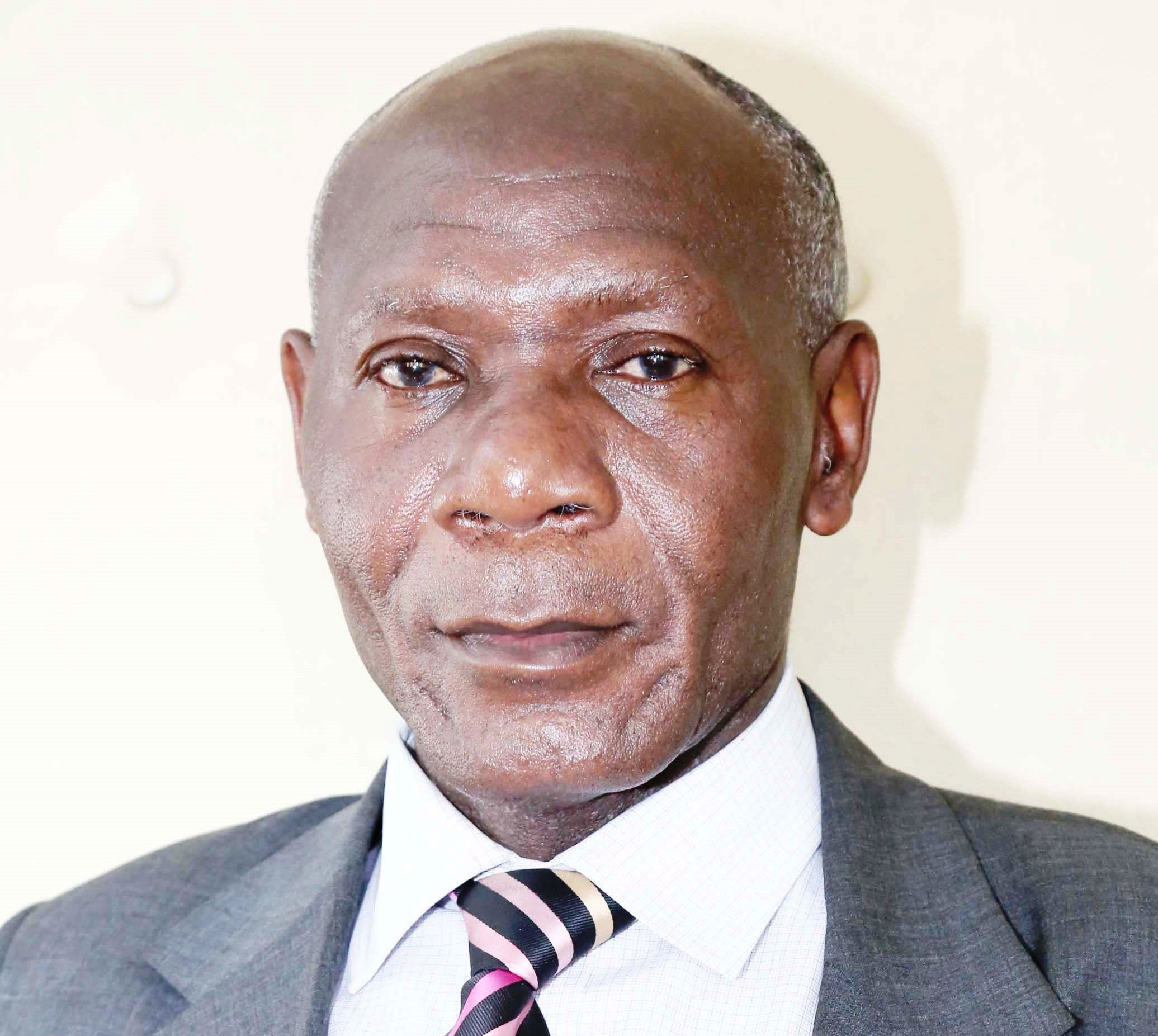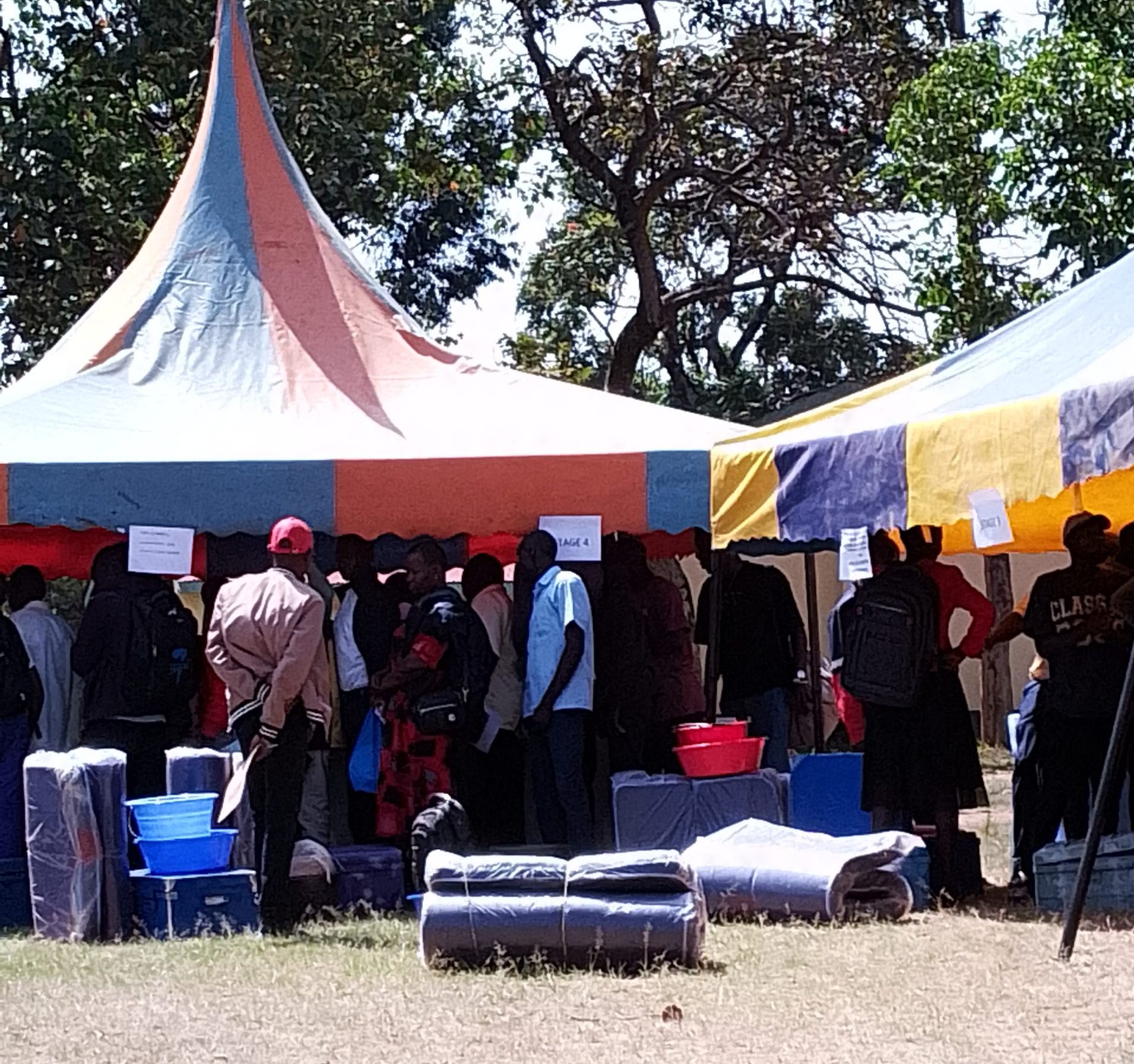When older Kenyans take the time to remember the late Richard Otieno Kajwang, the first Senator for Homa Bay County, they invariably recall his Mapambano tune, which he used to rally crowds during political rallies across the country.
“Oh, Vijana musililale. Oh Vijana Musilale, Bado Mapambano (oh young people. Don’t sleep. oh, young people. Don’t sleep. The struggle continues.)
Kajwang spoke politics with humour. He addressed serious political issues—omissions and commissions of the government in a comical manner.
It is difficult to remember him without this persona.
Little do most people know that Kajwang breathed life into a Service that for many years was virtually unknown to the majority of Kenyans. This is the Civil Registration Services (CRS). The Service is responsible, among other things, for the registration of Birth and death events of persons that occur within Kenya. It is also responsible for the preservation, security, and custody of birth and death records, the processing of vital statistics, the issuance of birth and death certificates, and finally, the re-registration upon legitimisation, recognition, and adoption of Kenyans.
The service is crucial for planning and managing public affairs.
Unfortunately, coverage of registration of births and deaths was in a sorry state when Kajwang was appointed Minister for State for Immigration and Registration of Persons upon the constitution of the Grand Coalition government in 2008.
The coverage of Birth registration was far less than 50percent. The same applied to registration of death occurrences. Technocrats at CRS refer to this as the completeness of births and deaths. According to CRS, completeness of births and deaths is calculated by dividing the actual number of reported events (births and deaths) by the expected number of events.
According to the CRS Vital Statistics Report of 2022, completeness of births and deaths is “calculated using age-specific rates, which are statistical measures that express the probability of a particular event (birth or death) occurring in a specific age group of a population.”
According to the World Health Organisation, a country should have registration of births and deaths coverage above 80 per cent for its data to be considered complete and reliable.
The coverage rate of less than 50 per cent for births and 46 per cent for deaths puts Kenya well below the international standard.
This was the scenario when Mr. Mapambano—as he was fondly called—arrived at Nyayo House, then, the headquarters of the Ministry of Immigration and Registration of Persons.
The discrepancy between the actual registration of births and the expected births really disturbed senior officials of the Service.
It was during the Minister’s familiarisation tour of the Nairobi region’s Civil Registration office, hosted by the State Law Office, that the then Director for CRS, Mrs. Joyce Mugo, brought the miserably low coverage of birth registration to his attention.
“Bwana Waziri, if you speak to your counterpart at the Ministry of Education, we can start with ensuring that Standard eight learners apply for their Birth Certificate before being allowed to register for KCPE examinations,” Mugo pleaded.
“That is simple. (Prof George) Saitoti is my friend. I will ask him to make it mandatory for class eight to have a birth certificate before they register for KCPE examinations,” Kajwang peremptorily replied.
The mandatory registration of KCPE candidates came. It began with the 2010 KCPE candidates and has remained an official government policy.
READ ALSO:
JKUAT, ARC Ride partner to boost e-mobility research and training
This is courtesy of the leadership of the late Minister. The Kenya Education Management Information System (KEMIS), which serves as the single source of information about learners and other vital education variables, relies on birth registration data that learners must provide before entering the KEMIS system.
Coverage of learners in secondary school has been 99.9 percent largely because of the engagement Kajwang had with the then Minister for Education, Prof. George Saitoti. The Ministry of Education must, in fact, celebrate the late Kajwang for helping them cut through the nightmare of consolidating the information they now use for the disbursement of capitation funds under the Universal Free Basic Education.
By 2021, in 2022, there was an 80.6 percent registration rate, having dropped from the 83.1 percent registered in 2021, according to a 2022 Report on Registration and Vital Statistics by CRS.
Despite the drop, coverage of birth registration of 80.6 percent is way above the less than 50percent that CRS had resigned to. We should thank the legacy that the late Richard Otieno Kajwang left behind in the Civil Registration Services of the Government.
Long before Kajwang was seized, the Civil Registration Service had expressed frustration with the low coverage when I met with them as part of my familiarisation tour of the Service. I had recently been deployed to the Ministry as a Public Communications officer.
I recall one officer, the late Robert Ombunya, stating that the coverage of birth and death registration in Zimbabwe—then under President Robert Mugabe—was significantly higher than Kenya’s.
I was intrigued. I found out upon desktop research that without birth certificates, parents with children could not enrol in school, receive vaccinations, access social services, or claim legal protection.
What about in Kenya? We could then, as we do now, enjoy many services without the production of a Birth Certificate. Perhaps, the most critical service a birth certificate was needed for was during application for a Passport. I visited the Registry for Passports and found out that only about 3million Kenyans had Passports.
I discerned a problem. Citizens will go for a service which caters to their unique needs. It is mostly highly educated individuals and businesspeople with international business interests who require a birth certificate as a condition for obtaining a passport. If you don’t tie birth or death certificates to the changing needs of citizens, they won’t go for it.
Apart from tackling the coverage of Birth registration, Kajwang was also a thought leader. He questioned why children must attain the age of 18 before they secure a National Registration Card (ID). He argued that under the International Labour Organisation (ILO) guidelines and regulations, 16-year-olds can perfectly sell their labour. Compulsory education in the UK lasts up to the age of 16.
In Kenya, we tie access to ID to voting. Yet, some join TVET and acquire saleable skills before they reach the age of 18. You cannot get gainful employment or get other services without an ID card.
I know civil servants and people in private formal employment who, many years ago, secured ID cards when they were either 16 or 17 years old—short of the minimum 18 years—to secure available employment.
The Kajwang 16-year line is still out there—waiting to be resolved—for those who, for whatever reason, fail to exhaust the 12 years of basic education, regardless of its free and compulsory nature.
By Kennedy Buhere
Buhere is Communication Specialist
He can be reached at 0725 327 611 or buhere2003@gmail.com
You can also follow our social media pages on Twitter: Education News KE and Facebook: Education News Newspaper for timely updates.
>>> Click here to stay up-to-date with trending regional stories
>>> Click here to read more informed opinions on the country’s education landscape
>>> Click here to stay ahead with the latest national news.






